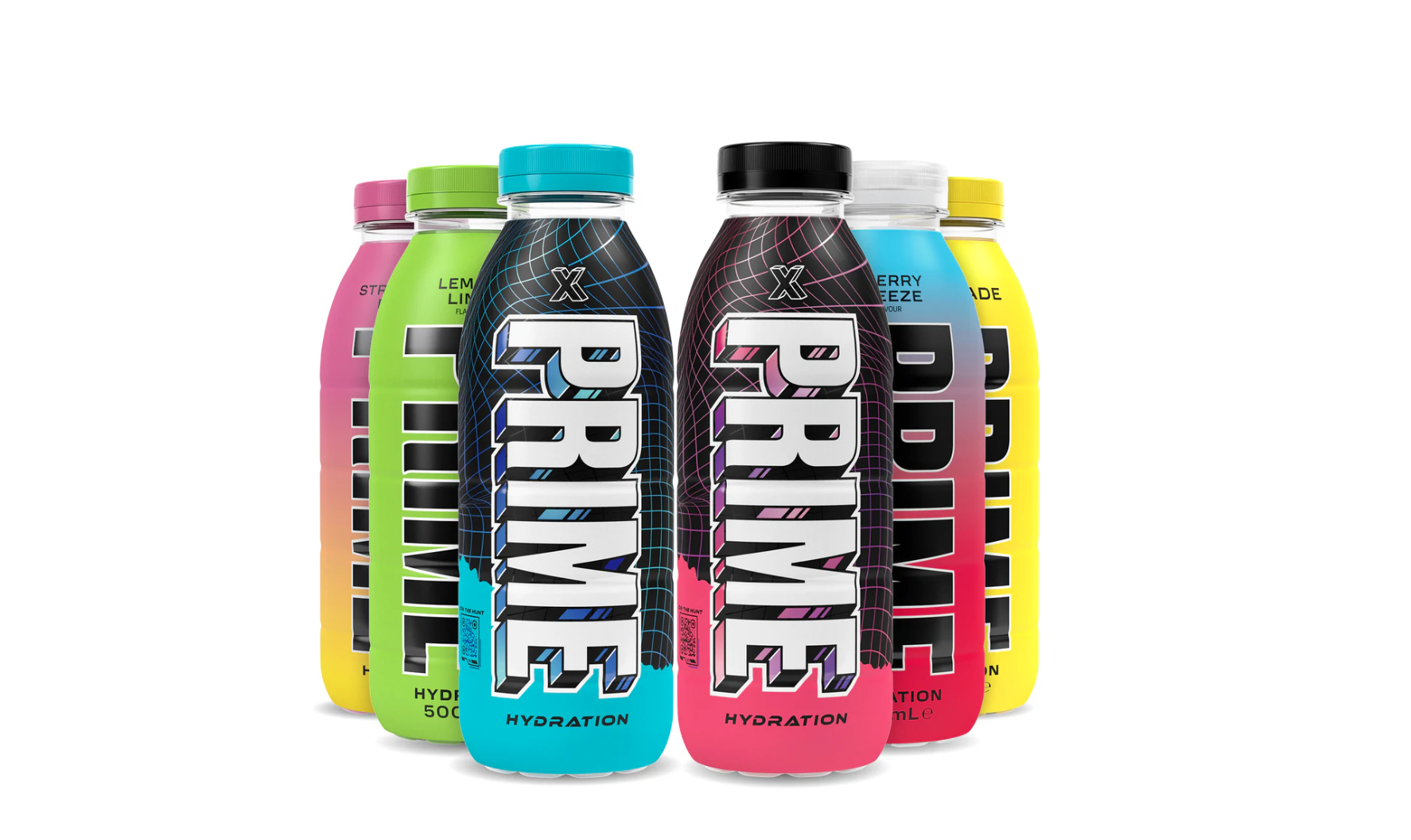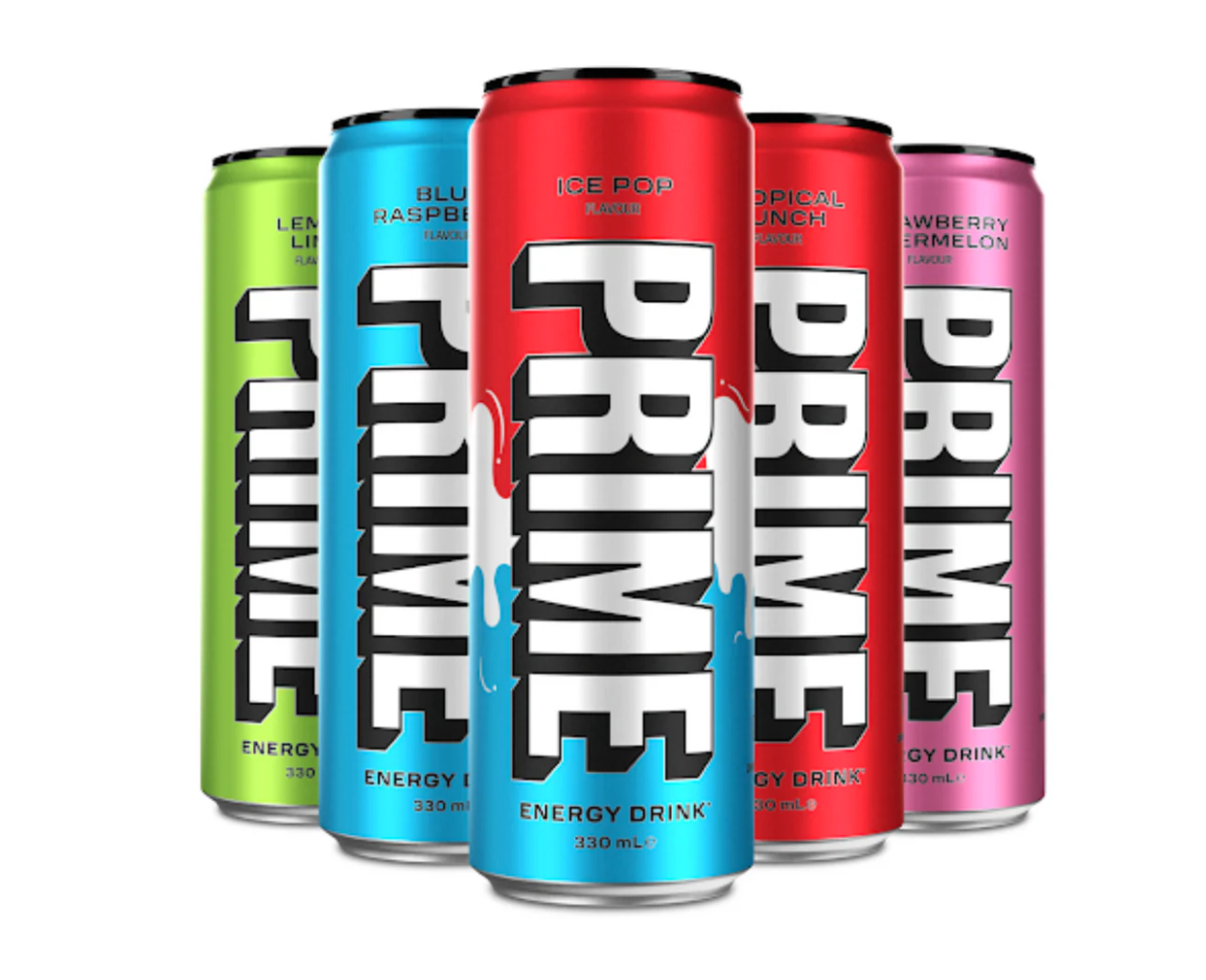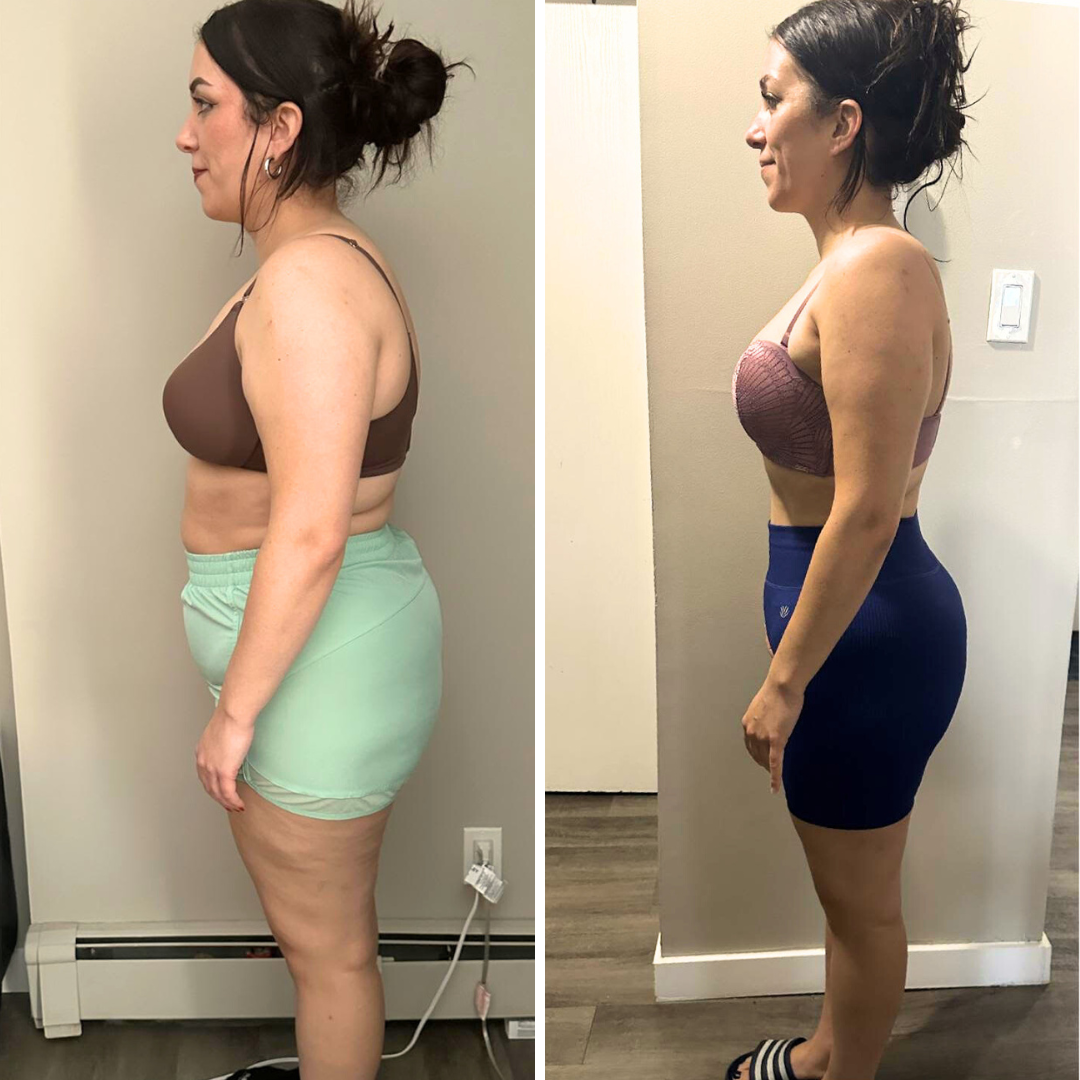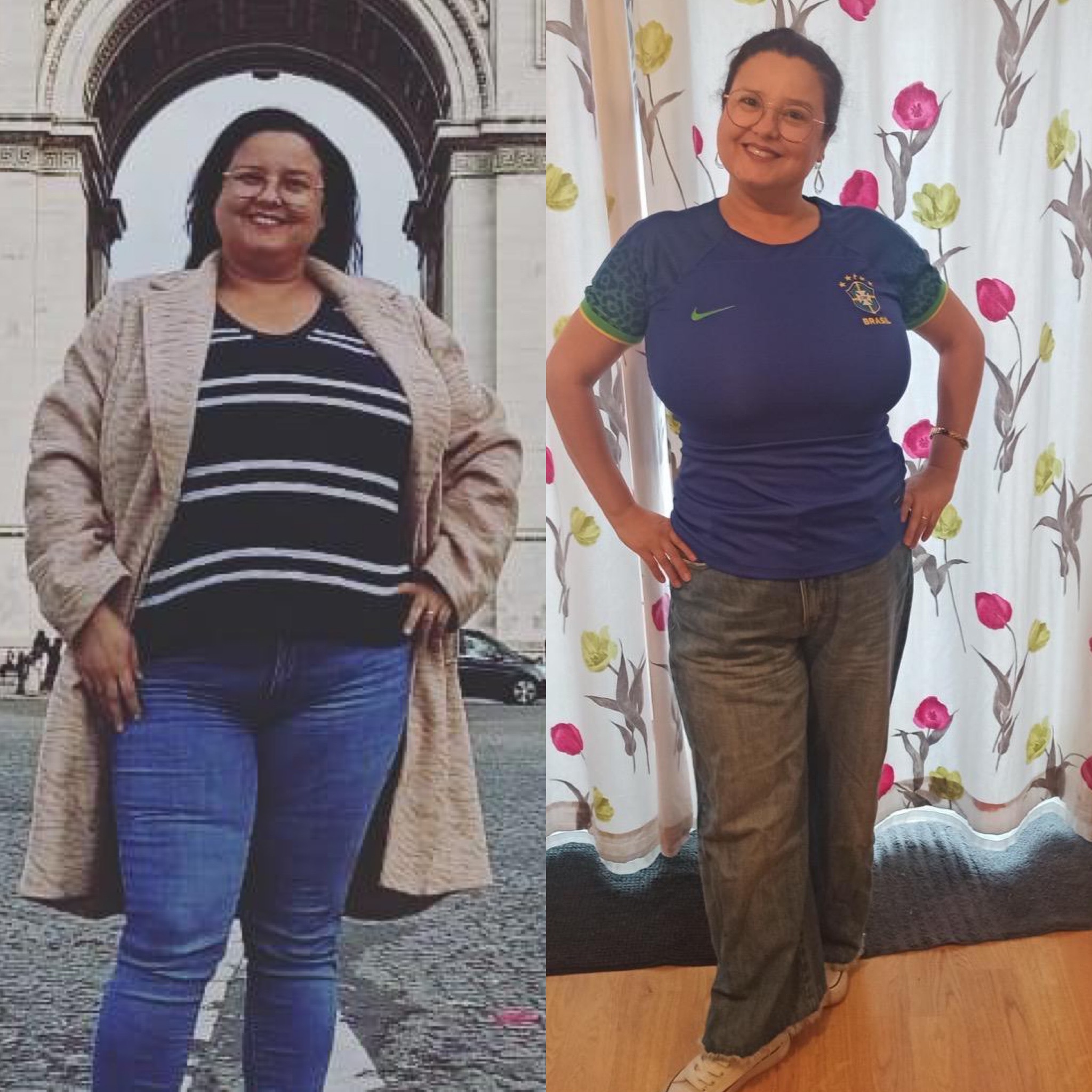Prime Drinks: Healthy Choice?

As a dietitian in my clinic in London, I am asked the following question: Are prime drinks a healthy choice? Today, I will review what we found related to Prime drinks, compare them to other energy drinks, and give you my point of view.
What are Prime drinks? Why are they so popular?
Created in 2022 by YouTube sensations and amateur boxing rivals Logan Paul and Olajide Olayinka Williams Olatunji (KSI), these drinks became viral. There are two types: Prime Hydration and Prime Energy. One is more for sports fans, whereas the other is an instant boost of energy for adults.
The drinks have gained popularity due to their high-profile branding, celebrity endorsement and attractive marketing strategies. Their appeal is also enhanced by their flavours and the perception that they offer a performance boost.

What are the Prime ingredients? Do they contain sugar? Can children have it?
Prime energy drinks typically contain a mix of caffeine, B vitamins, electrolytes, and other ingredients aimed at boosting energy and hydration. The exact ingredients can vary between different products within the Prime line.
Prime hydration is caffeine free, contains water, coconut water, electrolytes (sodium, magnesium and potassium), branched-chain amino acids, antioxidants vitamins A and E, B vitamins, artificial sweeteners (sucralose and acesulfame potassium), natural flavours, gum arabic and ester gum as stabilisers, sea salt (in the hydration sticks).
Although Prime drinks have no added sugar, they use sugar substitutes (artificial sweeteners), like sucralose and/or Acesulfame K.
Due to their caffeine content, Prime energy drinks are not recommended for children or pregnant women, as excessive caffeine intake can have negative effects on their developing bodies.
What is it used for?
Prime energy drinks are designed to increase alertness and energy levels. They are often marketed to athletes and those needing a quick energy boost, especially before or after intense physical activity. Additionally, some versions are formulated to aid hydration and recovery.
Can I drink more than one bottle per day?
Prime energy
It’s generally advised to consume energy drinks in moderation. Drinking more than one bottle per day can lead to excessive caffeine intake, which may cause issues such as insomnia, jitteriness, or heart palpitations. It’s important to follow the recommended serving sizes.
Prime hydration
Yes, you can drink more than one bottle of Prime Hydration per day, but it’s important to consider a few factors. Prime Hydration is generally safe for most people because it contains no added sugars and has low calories. However, it is still rich in electrolytes, particularly potassium. Drinking too much potassium in a short period can lead to an imbalance, especially if you’re not losing electrolytes through sweat from exercise.
If you are not very active or sweating, excess electrolytes might not be necessary, and you could risk getting too much potassium or sodium.
Where to buy and how much does it cost?
Prime drinks are available at various retailers, including grocery stores, convenience stores, and online platforms. The price can vary depending on the retailer and the specific product, but typically, a bottle ranges from £2 to £4.
Prime hydration drink vs Gatorade
Prime and Gatorade are both popular hydration drinks, but they cater to different needs. Prime, a low-calorie, sugar-free option with coconut water and a higher potassium content, is marketed for general hydration and appeals to a younger audience. Gatorade, on the other hand, provides a more traditional formula with real sugars and higher sodium, designed for athletes needing quick energy and electrolyte replenishment during intense physical activity. As a nutritionist, I’d recommend Prime for everyday hydration due to its lower sugar content and fewer calories, making it a healthier option for those not engaged in strenuous exercise. However, Gatorade can be beneficial during prolonged or high-intensity workouts, where fast-acting carbohydrates and salt are essential to prevent dehydration and energy depletion. Moderation is key, as Gatorade’s sugar content may be unnecessary for casual drinkers.
Prime energy drink vs Lucozade
Prime and Lucozade are both energy drinks, but they have different formulations. Lucozade has been traditionally marketed as a sports drink and energy drink, containing carbohydrates and sometimes caffeine. Prime drinks are often marketed more towards energy and performance enhancement.
Is a Prime drink a better alternative to hydrating drinks?
Prime energy drinks are not a better alternative to hydrating drinks. Hydrating drinks like water, coconut water or electrolyte solutions are specifically designed to replenish fluids and electrolytes. Prime drinks have carbonated water, which should not be used as a substitute for regular water, it contains preservatives and artificial sweeteners, making it an ultra-processed product, which is already known to negatively impact our health. For hydration, water is generally more appropriate.
The dietitian’s explanation for Prime drinks
As a dietitian, I know that there are better alternatives for boosting energy or hydration. According to all the information gathered above about these energy drinks, it’s important to highlight that we should not exceed the recommended caffeine intake of 3 to 6 mg per kg of body weight. For example, for an adult weighing 60 kg, the caffeine intake limit should be a maximum of 360 mg per day.
To put this into perspective, one cup of espresso contains an average of 80 to 100 mg of caffeine, 200 ml of filtered coffee has around 90 mg, cola-based sodas have 50 mg of caffeine per 350 ml, and 50g of dark chocolate contains 35 mg of caffeine.
What I want to point out is that we can easily reach the maximum recommended daily intake of caffeine. For instance, in each can of this energy drink, there are 140 mg of caffeine. For the 60 kg person in the example, one can represent 40% of their total daily caffeine allowance.
Another important point to mention is the consumption of ultra-processed products, such as this energy drink. The intake of processed foods is associated with an increase in obesity, chronic diseases, and neurodegenerative conditions due to their composition, which is rich in chemical additives that are harmful to health.
Conclusion
So, is Prime Drink a healthy choice? Well, there are better ways to keep hydrated or to boost energy, like, for example, plain water, coconut water, pure coffee and a good diet! I wouldn’t suggest you drink it daily or as part of your exercise routine.
Get in touch with us and book a consultation with a dietitian from our team to guide you on the best diet to boost energy and the best way to keep well-hydrated for sports.
Get an action plan with a Free Assessment!
Get personalized insights to enhance your well-being and achieve your goals. In this 15-minute video call, we will listen to you and guide you on what you need to do.
Schedule Your Free AssessmentRecent blogs







